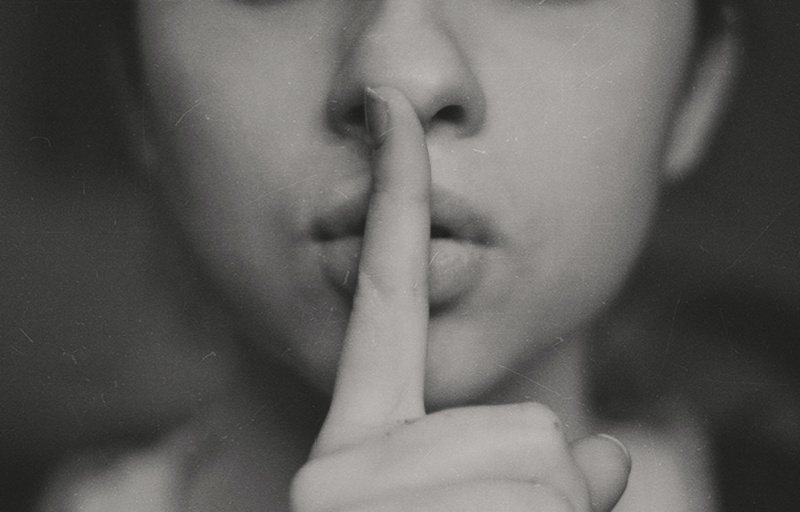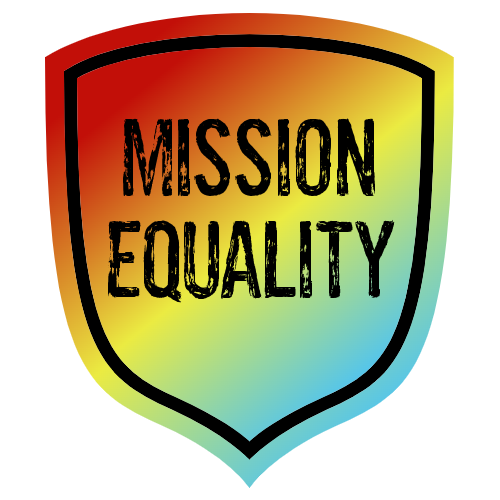
The White Person, Paid Anti-Racism Work And Elusive Reparations
There are many white voices talking about racism and anti-racism in the DEI space; it seems to have become yet another arena where white people feel entitled to have their voices heard and elevated (said the white woman).
Robin DiAngelo is a notable one. The author of the 2018 ‘White Fragility: Why It’s So Hard For White People To Talk About Racism’ has made a hefty buck from sales of her analysis of white people’s defensiveness around discussions of race.
So what’s wrong with that? We all have to make a living, right?
And she’s expanding white people’s knowledge of and discussions around race and racism. Surely that’s a good thing?
Unfortunately, when white people position themselves as ‘the’ DEI experts, other white people tend to flock to their resources…
This then perpetuates inequality, by centring whiteness and white people’s voices as THE voices to listen to…
Their popularity leads to them featuring high on bestseller lists, getting paid speaking and training gigs in the corporate and political workplace and then being lauded and paraded around as the experts…
In turn this minimises the voices of those actually on the receiving end of racism and keeps the attention on the white experts and their fragile white customers, like me, as they make a white industry helping us deal with our racism. Sigh.
So, should white people and hopeful allies even be involved in DEI or social justice work?
And if so how can they do this without it becoming all about them and without silencing or minimising the Black and Brown voices of painful experience?
As a white woman writing a regular column about my anti-racism journey and working in my Brown wife’s company, these are frequent concerns!
From discussions with the Black and Brown people surrounding me, what is crucial is that white people – as the perpetrators of racism – do need to be involved in the process of eradicating it, and even taking a lead in doing this (after-all we created the problem in the first place).
However, the bit that we white people often seem to get wrong is that taking the lead does NOT look like taking over, centring ourselves, our work, our pain (because dealing with our racism is sooo hard compared to actually experiencing it!?!?!) and being paid well for it in the process.
So what could/should our work look like instead?
Reparations…
Here at DLG there is a transparent policy that:
- There will always be more Black and Brown people than white people on the team, and especially at leadership level.
- As a form of reparations, Black and Brown people will always be paid 30% more than white people.
How does that land with you as you read that?
For most of us white people there’s probably an inner wrangle…
An initial “…But how is that equal? My work should be valued the same, surely?” and for women especially given we are, on average, already subject to lower pay than white men.
However, many of us are also aware of the systemic racism that means Black and Brown people have historically been paid less than their white counterparts, never mind the atrocities that have been enacted upon them by our ancestors, as well as being perpetuated and continued by us (however unknowingly or unintentionally).
This seems like a really simple way of beginning a process of levelling things up.
- I am not paid for this column.
- I currently work for DLG as a volunteer.
- As and when there is money to pay us for our work I do not intend to be paid for the column by DLG.
- If I make any money for the column from other sources I intend to donate 30% of it back to DLG.
How powerful would it be if all white DEI practitioners or anyone who profits from anti-racism work were, by default, to commit to similar reparations?
Black & Brown People Remain The Experts…
As white people we seem to need to hear from other white people when dealing with our racism. It is ESSENTIAL that white people ALWAYS be guided by the teachings of Black and Brown people themselves (without adding to their emotional or practical labour).
All my learnings come from the Black and Brown people in my life or those I follow on LinkedIn and Instagram. And I make mistakes, regularly.
The aim of this column is to share my own messy, often embarrassing journey towards anti-racism and some of the learnings I’m finding out about. My hope is that other white people will choose to start their own anti-racism journeys and be led, to and by, the Black and Brown leaders I’m learning from.
De-centring Whiteness…
In doing anti-racism work, de-centring our whiteness can be hard to do for a number of reasons…
Systems of enslavement and colonialism have created a sense of superiority in white people and left deep scars in the psyches of Black and Brown people living within these systems. This white sense of entitlement – to always have our voices heard – requires vigilance at all times, but most especially when working to be allies in this space.
It is no accident that this column is under both Lea and Sharon’s columns as presented on this website. Intentional acts such as that are how we begin to level the field.
I find this balance – of wanting the column to do well, to reach lots of people and to have an impact…but not centring myself in the process of that and keeping the focus on the end goal of more people working to be anti-racist – a tricky one to navigate!
And I’m still showing up. Will you join me?
If you, like me, want to work on making the world a truly equal place I can highly recommend the Anti-Racism Association.
There is a free membership option to dip your toe in the water, but the real magic happens in the paid membership levels where you’ll meet once a month with other people, like us, who want to learn to do and be better. I hope to see you there.
